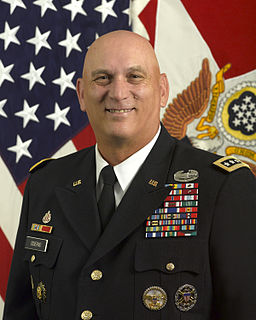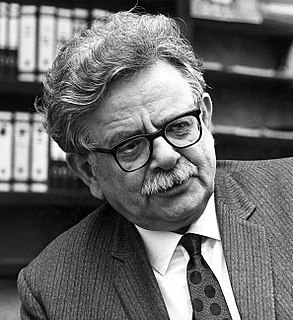A Quote by Mano Khalil
Now the world believes in Kurds, as they have become partners in that region. The West doesn't believe in the Iraqi government - not in Maliki before or Abadi today. It doesn't believe in Syria in any way, nor in Iran. So the Kurds could maybe work together with the Western world to bring stability to the region. It's a nice change, coming as it is after hundreds of years of the struggle of the Kurds.
Related Quotes
The problem of ISIS is not recent. Ever since the Second World War, people in this region have been, and are today, living under brutal dictatorships governed by nationalistic fervor. As for the Kurdish question: nobody from the Arab world is serious about fighting ISIS. It's only the Kurdish people who are standing firm against ISIS. And I think Europe, the United States, and most other democratic countries of the world are beginning to look at the Kurds in another way. The Kurds are really becoming their partners in the region.
I do believe that the Kurds are in a difficult situation. They do have some American support. How consistent that will be is unclear. But they have built up a strong military, and they have begun to build the institutions of an autonomous life in Northern Syria. Turkey's enmity towards the Kurds and their desire to make sure there is no independent Kurdish state or even really autonomous enclave is going to push the Kurds into Bashar Assad's hands over time.
What we would be committed to would be a representative government where all the Iraqi people decide who should lead their nation, and lead it in a way that keeps it together as a single nation and where all parts of the nation - Shia, Sunni and Kurds - are able to live free and in peace and believe that their interests are represented by the government.
The Kurds had always had a bad time. They were oppressed by the Ottoman empire. Then, at the end of the First World War, they were promised a homeland, but the new Turkish state refused to give them any land, while the British went and created the new state of Iraq and sent aircraft to bomb the Kurds there into submission.
I think that, given the threat that ISIS poses to the region and beyond, as we have sadly seen in our own country, it is important to keep the Iraqi army on a path where they can actually take back territory, to work with the Sunni tribes in Anbar province and elsewhere so that their fighters can be also deployed, to work with the Kurds to provide them the support, but they're doing the fighting. We're doing the support and enabling.
Iran is a powerful country. Iran is a big country with a large population, natural resources, human resources. But we are a country that is content with its size, content with its geography. We have not engaged in any military adventures in the past 250 years. We don't see any of this as Iran trying to dominate this region. We see some people panicking in our region and we believe there is no need to panic. We are prepared to work with all our neighbors to ensure the security and prosperity of our region.
By very conservative estimates, Turkish repression of Kurds in the 1990s falls in the category of Kosovo. It peaked in the early 1990s; one index is the flight of more than a million Kurds from the countryside to the unofficial Kurdish capital, Diyarbakir, from 1990 to 1994, as the Turkish army was devastating the countryside.































